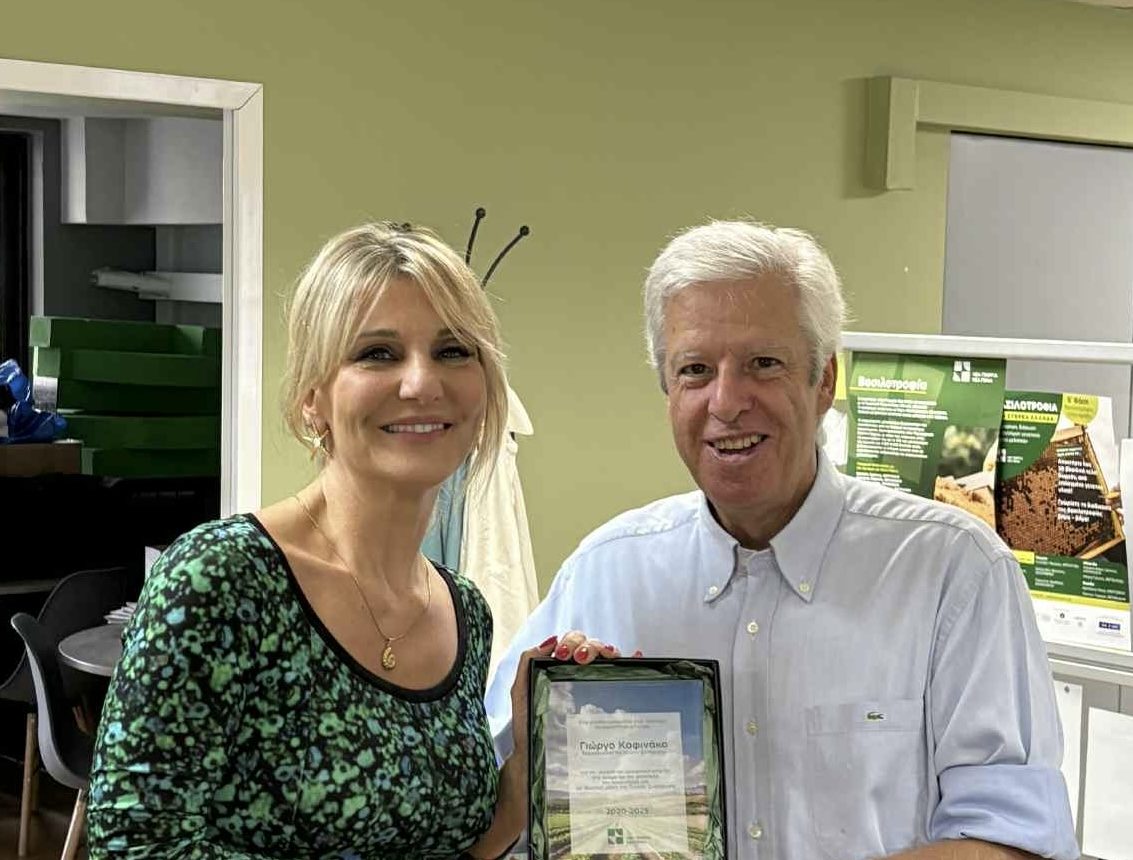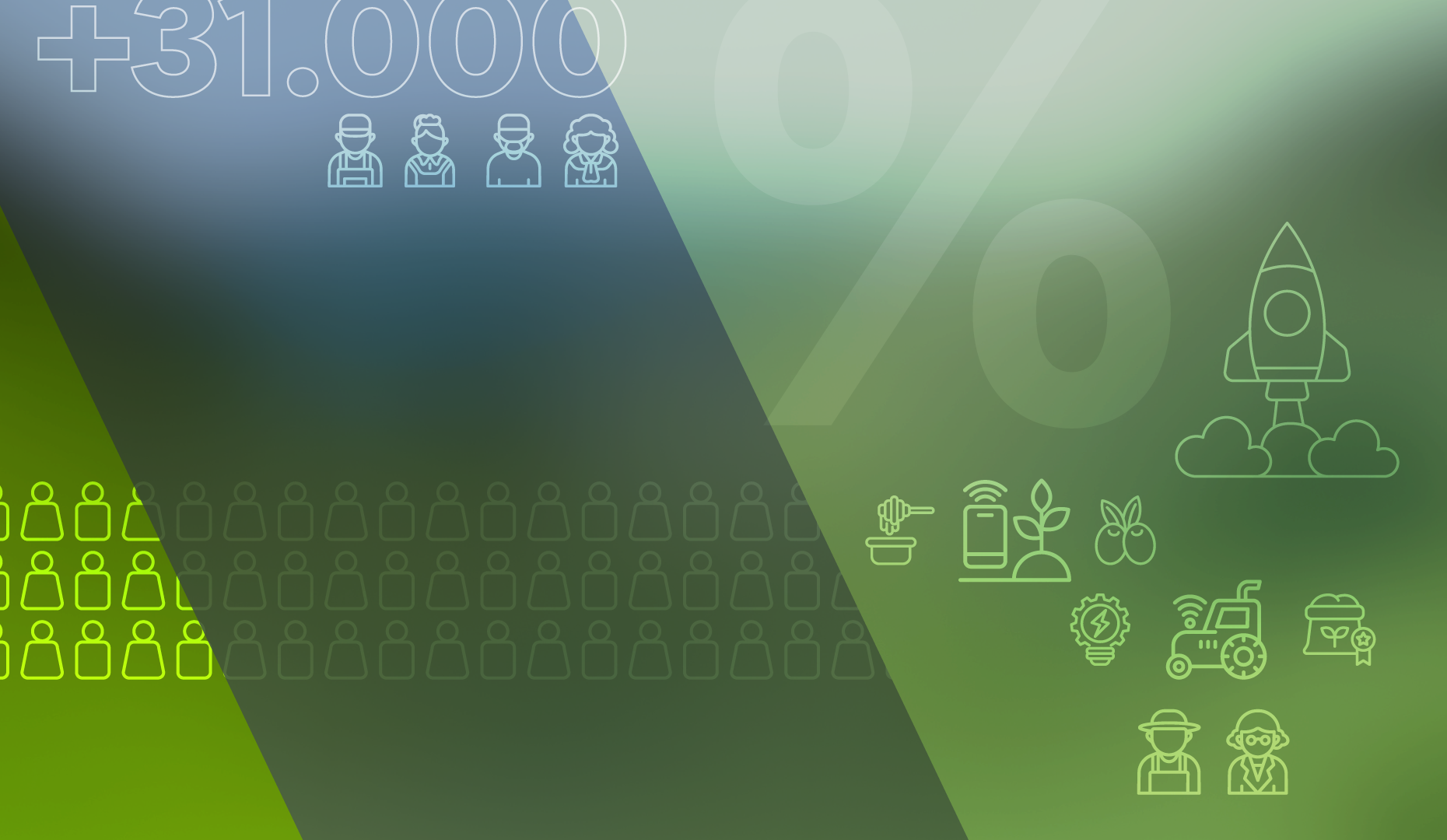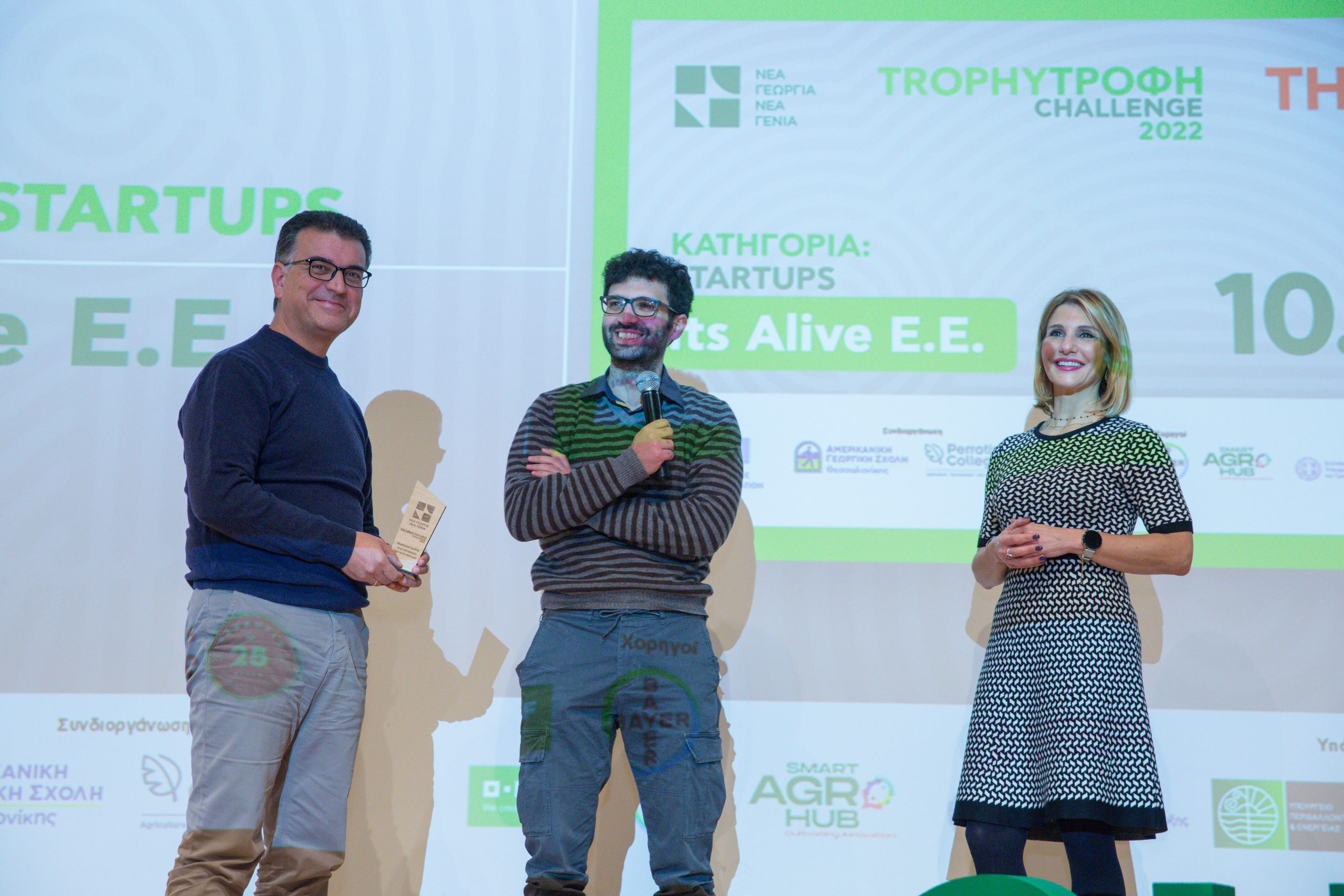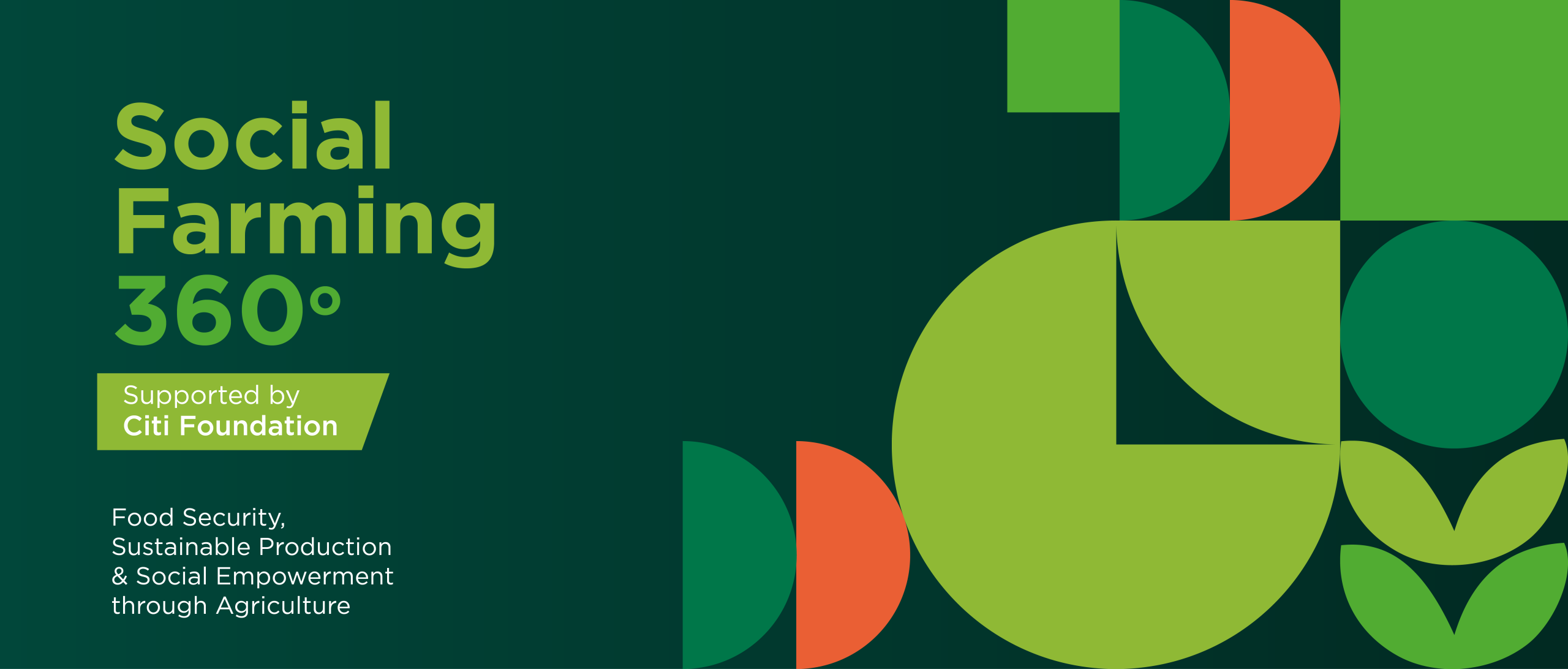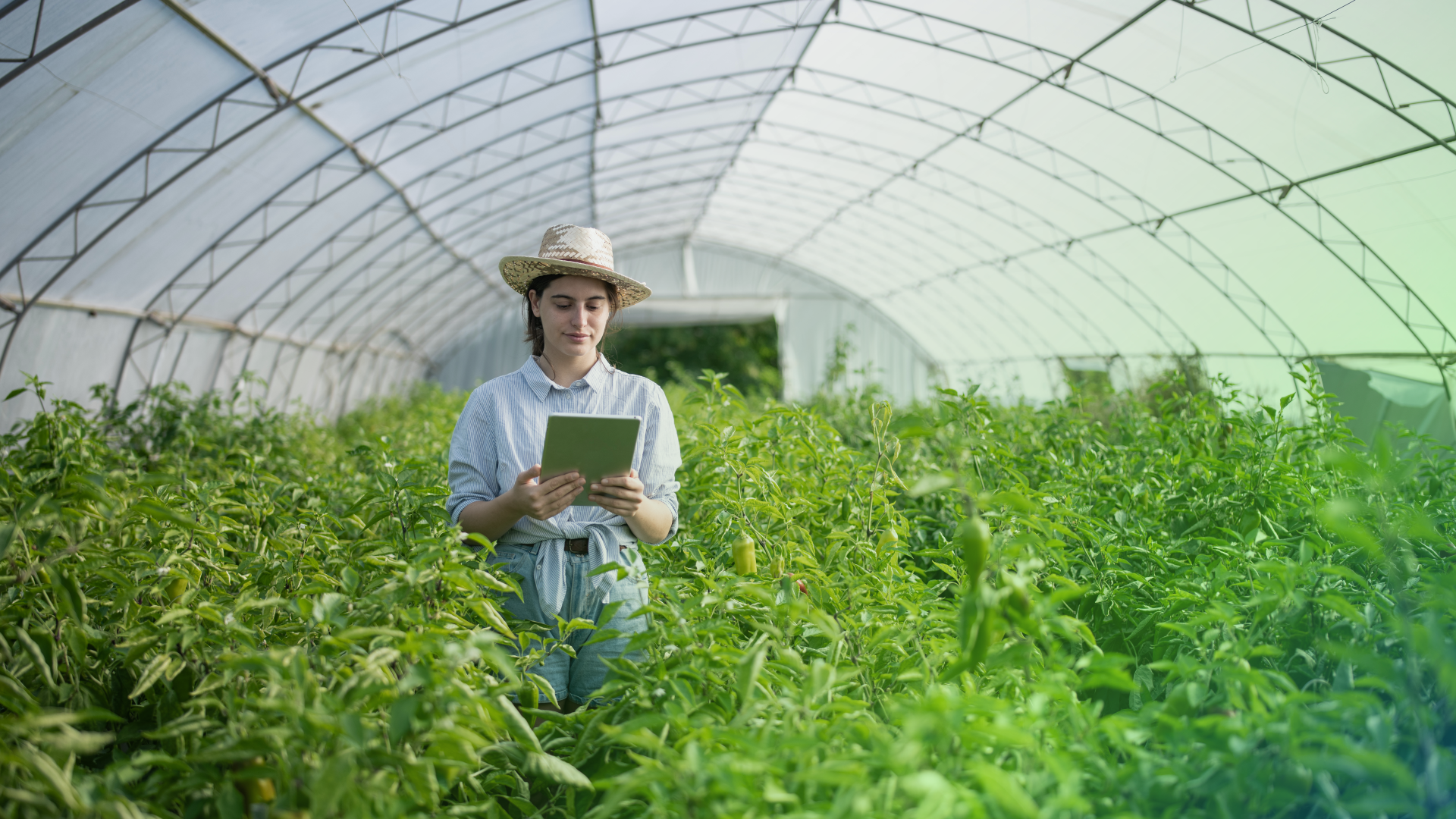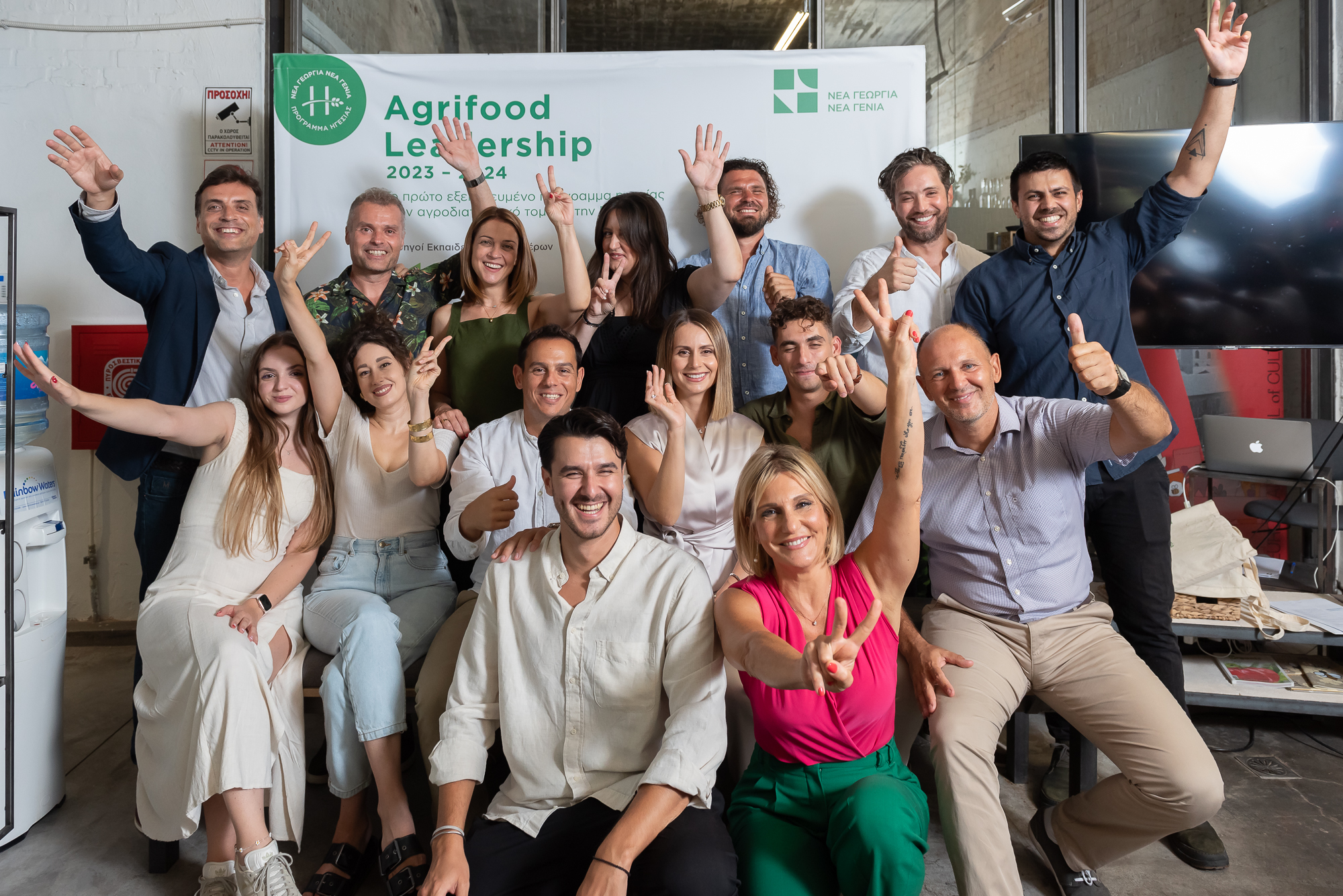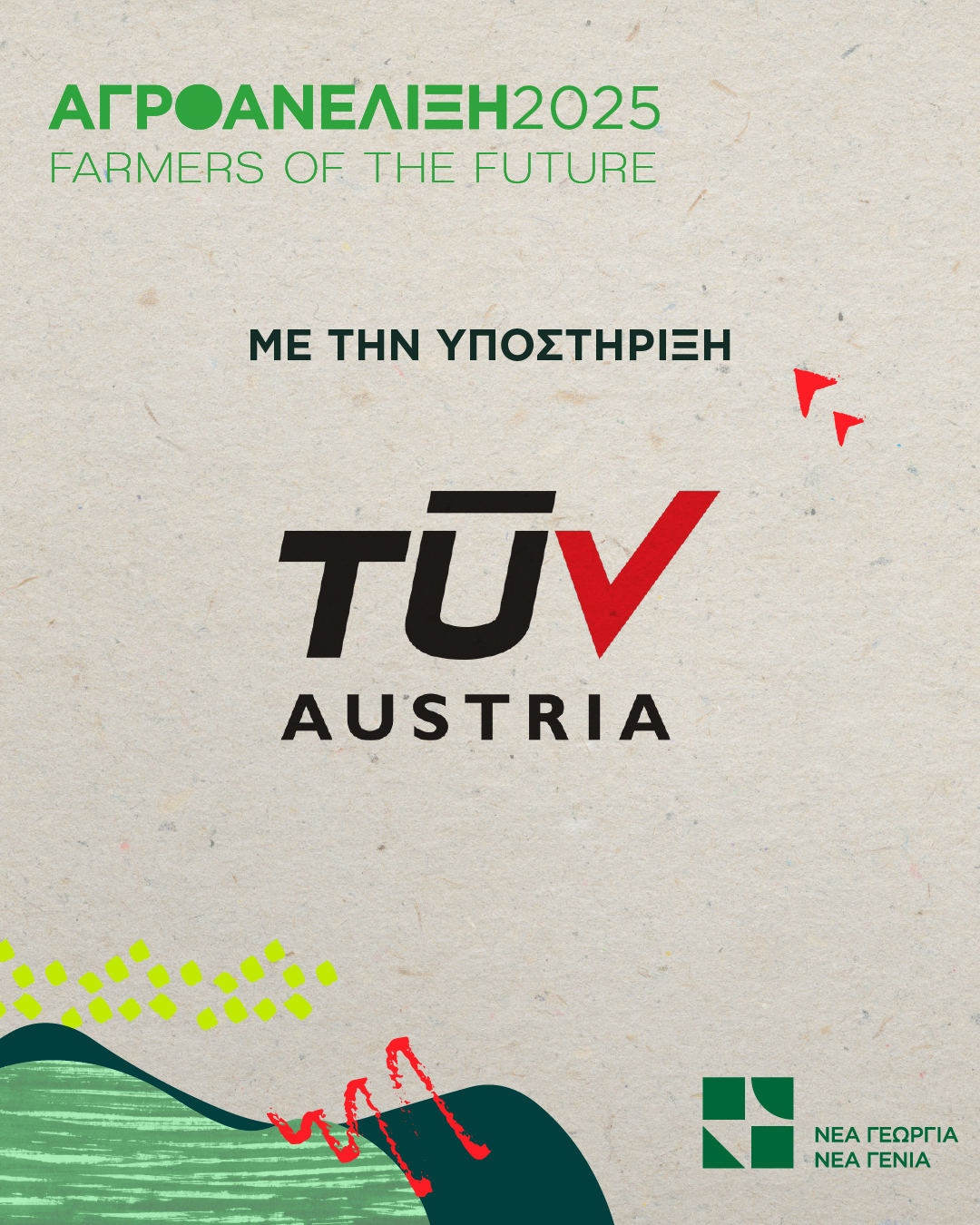The agrifood sector in Greece is at a critical crossroads, facing new challenges and technological opportunities that are radically reshaping the landscape. The Agrifood Leadership program, implemented by the organization New Agriculture New Generation, was created to equip professionals in the sector with the leadership skills and knowledge required to play a leading role in this new era of agrifood.
Sotiris Katselos, Communications Director at New Agriculture New Generation, explains how through innovative experiential training, strong partnerships, and specialized guidance, the program is cultivating a new generation of leaders who harness technology, innovation, and global markets to drive the transformation the sector needs.
Through this interview, we discover how Agrifood Leadership supports startups and professionals by integrating modern practices and building the necessary network to accelerate agrifood innovation in Greece.
startupper.gr: What is the main goal of the Agrifood Leadership program, and why do you believe it is essential for the Greek agrifood chain?
Sotiris Katselos: The Agrifood Leadership program is an innovative initiative, unique both in Greece and Europe. It offers specialized knowledge through experiential techniques, targeted leadership training, and access to strategic agrifood expertise.
It should be noted that this is the third year we are implementing the program, thanks to the support of our Founding Donor, the Stavros Niarchos Foundation (SNF), under the academic guidance of Rutgers University, New Jersey, USA, and under the auspices of the Hellenic Ministry of Rural Development and Food.
Agrifood Leadership provides the skills that will help agrifood executives take strategic initiatives, capitalize on their knowledge and the opportunities provided by modern technology, and ultimately be able to make the right decisions to respond to today’s challenges.
We must understand that the agrifood sector stands at a crucial crossroads: on one hand, there are threats such as climate change and international competition; on the other, there are unique opportunities arising from technological advances and the opening of new markets.
In this context, the adoption of leadership skills by sector executives becomes a critical success factor, as it supports the development of effective strategies for adaptation, survival, and growth in this demanding environment.
startupper.gr: What is the structure and main thematic areas of the program, and how is experiential learning supported through field visits and workshops?
Sotiris Katselos: The structure of the program can confidently be described as innovative and effective.
The core of the program consists of seven experiential three-day sessions hosted at leading agrifood businesses and institutions. These include training, systematic networking activities, field visits to decision-making centers, and major agrifood companies, both in Greece and in Brussels.
At the same time, participants attend synchronous and asynchronous online trainings.
The courses cover a wide range of critical topics such as leadership (e.g., team management, personal communication), agricultural economics and policy (both Greek and EU), as well as marketing, exports, and digital marketing.
Overall, participants receive more than 120 hours of live and asynchronous training from professionals and expert instructors. During the three-day sessions, they also take part in practical workshops to cultivate their skills.
startupper.gr: Which categories of professionals is the program aimed at? Is there special consideration for women in the agrifood sector?
Sotiris Katselos: The program is aimed at executives, entrepreneurs, farm owners, members of cooperatives and producer groups, agribanking professionals, and even public sector executives.
We are looking for people with an active and exploratory mindset, who are willing to capitalize on the knowledge and connections they will gain. That’s why selection is based on interviews and evaluation by a special committee.
We actively promote and encourage women’s participation. Out of the 31 graduates so far, 13 are women, and our goal is to increase this number further. Let me add that some of these women “leaders” have already made dynamic use of the program and are planning or have launched very interesting ventures.
startupper.gr: What is the role of partnerships with major businesses and institutions, and how do they strengthen the program? What are the most important results or impacts you have observed from previous editions of the program?
Sotiris Katselos: It’s clear that the program would not have succeeded without the support of key companies, cooperatives, and institutions within the agrifood ecosystem. Participants come into direct contact with executives, production systems, and valuable practical knowledge that help them develop a deep understanding of the challenges across the entire production chain.
Additionally, through visits to Greek and European institutions, they gain insight into how agricultural policy decisions are made, both nationally and at the EU level, forming the holistic perspective necessary to apply their skills effectively.
Participants themselves highlight, in their evaluations, the value of interacting with these businesses and institutions and the way they capitalize on the knowledge acquired. Finally, it is worth noting that many companies that support the program also encourage their executives to enroll, which we believe is a testament to its high quality.
startupper.gr: How does the program support the development of skills related to technology, innovation, and climate resilience in the agricultural sector?
Sotiris Katselos: A leader—male or female—must innovate and embrace new technologies (smart farming, big data, biotechnology, artificial intelligence, etc.). That’s why our program invests in developing the mindset that seeks to understand and integrate technology.
Moreover, many of the experiential visits take place at businesses using cutting-edge technology, so participants can see firsthand how high-tech solutions make a difference. It’s no coincidence that two of our graduates have already launched an innovative agrifood marketplace, while another participant is preparing to start a very promising startup.
startupper.gr: In what ways does Agrifood Leadership empower the new generation of leaders to address the challenges of sustainable development and global markets?
Sotiris Katselos: Excellent question. We cannot talk about leadership in agrifood without acknowledging the challenges of climate change and the urgent need, nationally and globally, for sustainable practices. This is not just a “nice-to-have” consideration—it’s a critical survival factor.
Our program provides extensive training on climate change and sustainable practices. Through company visits, participants also see sustainability in practice.
As for global markets, Greek agrifood has immense export potential, and a leader must think “globally.” That’s why we provide training in exports and facilitate networking with multinational companies as well as European institutions.
startupper.gr: What happens after participants graduate? Is there a support network or platform for alumni, and how do you see the program contributing to the overall upgrading of agrifood production and promotion of innovative practices in Greece?
Sotiris Katselos: It’s very important to emphasize that the program does not “end” with graduation. We are building a living alumni community that collaborates, shares useful knowledge and insights, and has access to further training opportunities.
We are also creating a digital platform where leaders can connect instantly with each other, collaborate if they wish, and pool their skills for future projects. For example, someone may seek a partner in a specific geographic area, or require certain skills that another alumnus possesses.
Regarding your second point, this is the program’s strategic goal: to create a “critical mass” of agrifood professionals capable of transforming the sector through innovation, strategy, and bolder, more outward-looking practices.
startupper.gr: What are the challenges the agrifood sector is facing today, and how can the Agrifood Leadership program help overcome them?
Sotiris Katselos: As I mentioned earlier, the sector is truly at a “critical crossroads.” Greek agrifood faces a range of serious challenges: climate change, fragmented farmland, an aging farming population, low adoption of technological innovations, and outdated production practices, to name a few.
On the other hand, Greece has rich biodiversity, a unique Mediterranean climate, and high-quality products with strong identity (PDO/PGI, traditional foods, Mediterranean diet), which are competitive advantages in global markets. The adoption of new technologies and business strategies can unlock enormous growth potential.
That is precisely why we need professionals who not only understand these challenges and opportunities but also actively identify what must be done and changed. In other words, we need leaders across the ecosystem—people who work methodically, collaborate, and bring a new mindset. This is exactly what the Agrifood Leadership program cultivates.
startupper.gr: Could you give us a broader picture of New Agriculture New Generation as an organization? What milestones have you achieved so far, what tangible results do you see from your programs, and what is the response from companies and the wider agrifood and business community?
Sotiris Katselos: Since our organization was founded in 2018, through an initiative and founding grant from the Stavros Niarchos Foundation (SNF) as part of the “Recharging the Youth” program, we have supported more than 31,000 beneficiaries (farmers, producers, livestock breeders, small-scale processors, researchers, graduates, executives, professionals) and other entrepreneurs in the sector.
We have implemented over 130 training and entrepreneurship programs, supported more than 136 small and family-run agrifood businesses, and created 4 cooperatives (3 agricultural and 1 women’s cooperative).
Independent reports show that our economic impact has a multiplier of x5.35, meaning that for every €1 invested in our initiatives, €5.35 is generated in the Greek economy. Our overall economic footprint reaches €40 million.
We have also been recognized twice as a Best Practice in the agrifood sector by the Directorate-General for Agriculture and Rural Development of the European Commission (DG AGRI), along with a series of other distinctions.
We collaborate closely with many major agrifood companies, cooperatives, and foundations that support the sector. Thanks to these partnerships and supporters, we continue to deliver impactful programs that drive sector transformation. For example, our beekeeping programs, which are vital for apiculture in Greece, our Olive Academy, and the project “Mastic Trees: Safeguarding the future of a national product – Knowledge and Innovation Transfer Network in Chios.” We also support entrepreneurship through the “AgroAnelixi” accelerator, as well as agrifood innovation and startups through the TrophyΤροφή program.
We invite anyone interested to visit our website newagri.org and follow us on social media!
